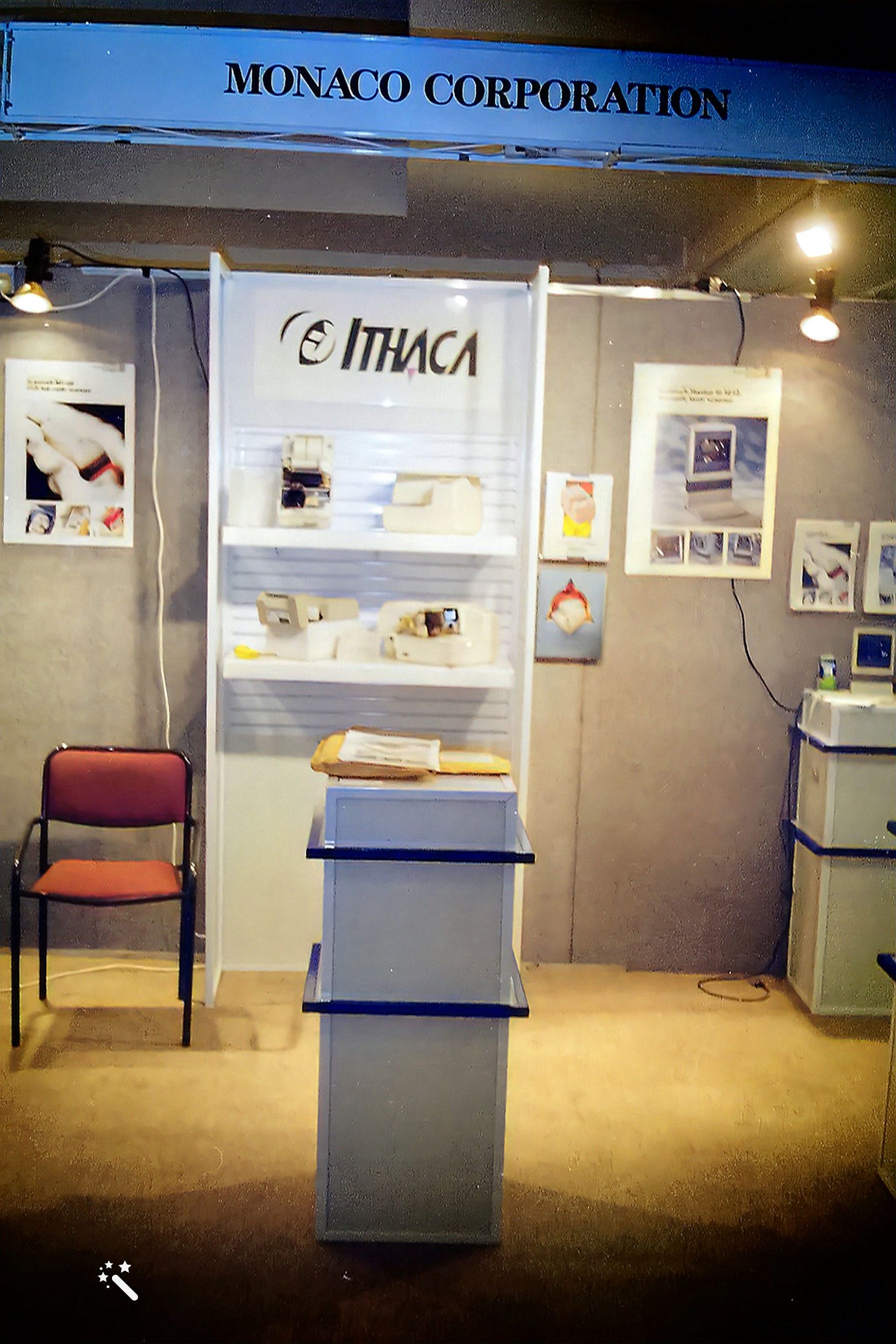The difference between a tourist and a traveler
The tourist takes photos home to see where they went, while the traveler embraces people and culture
One of my uncles explained the difference to me between a traveler and a tourist, perhaps after a trip to the Gypsy festival at Saintes Maries de la Mer. He said there are two ways to explore a country. One is as a tourist, where you are spoon-fed experiences on a time schedule. You have a coach and a hotel bed organized and don’t have to think about a thing. You might make a friend or two on the bus, and you will have a wonderful photo collection to remember your trip by. However, you will not learn much about the people and how they live.
Alternatively, you can make the effort to learn a bit of the language, take a car or hitchhike, and embrace the culture. You join in and show a genuine interest and enjoy a rich experience, connecting with how the locals live and play.
We watched a TV show in Holland each Saturday morning, called Leventez de Sevilla. My uncles and an aunt improved their Spanish, while I started to learn it. Yes, I know Saintes Maries de la Mer is in France, but it is only 3 hours from Spain, and a very large number of Spanish Gypsies make the pilgrimage there every May. If you like Flamenco and Gypsy music, this is a wonderful event. Sadly, I was 12 and 13 in the years they went and my grandparents wouldn’t let me go.
The point was though, that by being able to communicate in French and Spanish, they were embraced by the people, and enjoyed being a part of the festival, as opposed to being spectators, watching through the telelens of their camera, under the watchful eye of the tour guide.
Language has opened many doors for me. On the second afternoon of our honeymoon in Anse Vata, New Caledonia, my wife and I visited a local bar near our small French-owned hotel, where nobody spoke English. Or at least like many French people, they made out that they couldn’t.
Sitting down for a drink, we were chatting when I overheard a snippet of conversation, as patrons seated at the bar were laughing while looking in our direction. I can’t remember the exact words, but the remarks were disparaging, wondering if perhaps the dumb tourists had somehow gotten lost, and couldn’t find their way back to Club Med. Remembering the advice from my uncles, I called out something like “Nous ne sommes pas des touristes, nous sommes des voyageurs qui veulent découvrir la vie locale.”
You could have heard a pin drop. With Karma Chameleon coming and going on the sound system, you could sense a significant attitude shift. From that instant, they were laughing with us, instead of at us. We were treated like family, and invited to join them.
It got dangerous after that because suddenly the cost of drinks was cut in half, while at the same time, the number of nips they poured into our glasses trebled, leaving little space for the splits and ice.
Over the next few days, we accepted the invitation to visit some of their homes. Most of the people were hospitality workers and they lived in ramshackle staff accommodation. In some cases, the windows had curtains, but no glass. I felt embarrassed, for them, but quickly realized that their hostels had a heart. There was a welcoming ambiance. A home doesn’t have to have flash furniture and appliances, or even glass windows, although I would definitely draw the line there.
We had a big party with them one night. I had a guitar with me, as always. I hardly went anywhere without one. We jammed, played, and sang all night. I hate to admit it, but one night they got me (OK there was no coercion) so drunk, that a big Wallace Islander called Maxi had to help get me up the stairs to our room in the hotel during the early hours of the morning.
Our newly found friends showed us around Noumea and where to shop like locals, at locals’ prices. We still had our own experiences and discoveries, but getting to know French Polynesian locals made our holiday much more enjoyable than it would have been otherwise. I make the distinction because the French people we met there, other than musicians, were aloof and made our presence feel like a necessary inconvenience.
In the 90s I obtained an exclusive agency for a variety of POS (Point of Sale) products in New Zealand and Australia, Ithaca printers, which were coincidentally used by NCR as OEM components for their scanning systems, and in their ATMs.
Ithaca bought a printer manufacturer in a small village a few hours’ drive from Paris. When I happened to be there for a conference, I took the opportunity to accept an invitation to visit the factory. Not a soul there spoke English, and they weren’t faking it, as some Parisians are wont to do. Once again speaking French meant I was treated very differently to American and other customers who didn’t bother even trying.
It also helped me develop a great relationship with the very parochial national Casio distributor in France, who had designed upgrade boards for one of the top Casio POS terminals, making them suitable for use in medium-sized supermarkets. Instead of just meeting in a boardroom in their office, we were treated to high-quality Champagne, French cuisine, and shows in Montmartre.
I mentioned in a previous post, how studying Japanese at night school had a huge impact on my relationship with Casio, such that I became a preferred customer to such a degree, that I developed close personal relationships with my contacts and their families there. I was welcomed into their homes, as if we were family, and taken on trips around the country.
On a trip to the American Casio Head Office in Dover NJ, I discovered to the American’s consternation, that I was getting better pricing and margins than they were, when they tried to sell me distressed stock for more than I paid FOB from Japan.
The Americans of course went to Japan wanting people to do business the American way. The result was that they thought they were doing well, but in actual fact, they weren’t at all.
What it comes down to, is that if you make an effort to communicate with people in the national language of their country, it is taken as a sign of interest and respect. Even if you are not very fluent, and make mistakes, they will appreciate the effort you make. It opens doors, that otherwise might be firmly closed to you. It breaks down barriers that allow you to negotiate difficult circumstances in collaboration instead of conflict. It opens doors to lifetime friendships.
My only regret is that as a traveler rather than a tourist, I didn’t take anywhere near as many photos as I should have.





Huge topic! And one of my faves. I learnt Spanish as an exchange student in my final year of high school and was forever changed by it. I really don’t like feeling like a tourist!! Even now in England with no apparent language barrier I’m reminded of how we haven’t really known a place unless we can speak with locals in their language, preferably living in the culture and daily life. In Argentina I used to look at English expats in bars and think; why bother coming if you only hang out with each other and don’t learn Spanish? Later, living in Samoa, I struggled to learn the language and ended up living quite an “expat” life there and always felt a bit shit about it. Loved Samoa so much (four years there in total) but I would never proclaim to “know” the country or the people. I just visited. In Abu Dhabi I didn’t manage to learn Arabic either, but I made friends with some Emirati women which was at least a bridge. Being on holiday now I’ve thought much about this topic. I am so hungry for history, for story and culture. And so often it’s just “regular people” who can offer you that, usually well away from the tourist areas. I must write a substack about this!!